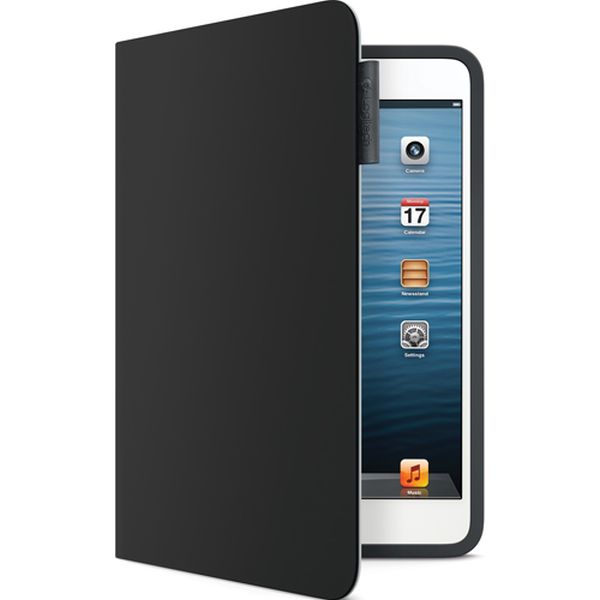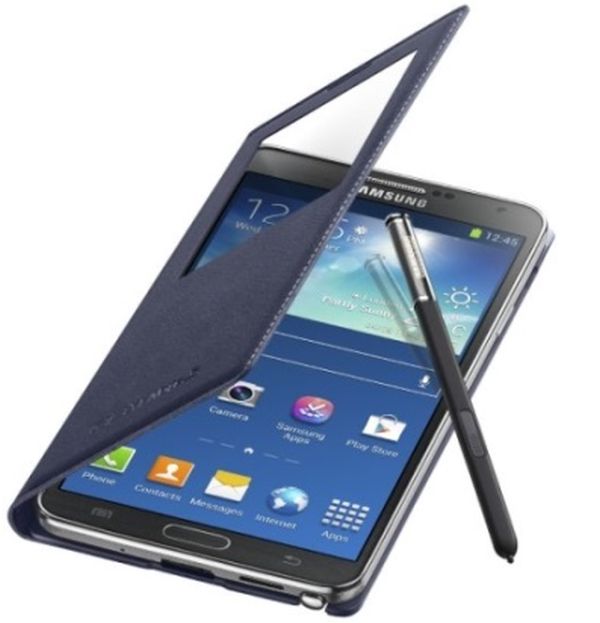What you think is worse – that your phone was not working in Europe, or that your phone worked really well, but the arrived bill was huge?
Travelers will be upset by the fact that the precious BlackBerry that they love so much will be absolutely useless overseas, and it will only be useful as ballast in your pocket in a windy weather. In international travelling cellular services are pretty confused and those who go to Europe first time can get into trouble with their mobile phone. Let’s have a look at the main points so that you know what to do when you plan to travel a bit.
Phone standards are different in different countries, and sometimes it may have several phone standards. For instance, United States have four main phone standards – Verizon and Sprint use CDMA, and AT&T and T-Mobile are built on the GSM basis, which is the dominant in the world. CDMA standard is actually available in many countries, but only popular in Canada, Israel, India and other places. That means, if you are a Verizon or Sprint owner, save yourself a trouble and leave it at home.
If you have AT&T or T-Mobile, don’t be that happy now – you are still not in the favor. The thing is that US GMS is working at the 850MHz and 1900MHz bands, while in Europe and Asia they use 900MHz and 1800MHz bands. If you think it’s no big deal and difference, try listening to some radio station while tuning to the wrong end of the dial.
Nevertheless, how can you tell that your phone will work in Europe? Check out the website of your carrier – most of them contain all the information you have to know when considering mobile phone in the trip. Some, for instance, offer you a configurator where you choose the type of your phone and countries you are going to visit, and they give you detailed scheme of where you will be able to get voice and data services for your phone and how much will it cost you in this or that country.
Still, when you look at the prices, the other problem appears. International roaming is terribly expensive – the average cost of one minute call in Europe can cost you about ten times more than it would at home. And even the lowest rates that are usually available in the biggest cities would still be a robbery for the pocket. And if you do not want to become a bankrupt, don’t you ever try to download any webpage when being abroad – this will literally cost you a fortune.
Nevertheless, don’t get upset too soon – there are still the options for you to choose. In case your phone is compatible with the network, think about getting a prepaid SIM card that you can purchase almost anywhere when your plane lands. SIM cards can be preloaded with some credit, and you will be able to use them until all the money runs out. All the rates depend on the country you are in, and the country you are calling to, but it will definitely cost you less than trying to stick to international roaming of your carrier.
If you believe voice options are too expensive for you, think about using text messages in your trip. Most SIM cards offer such options, even for free, but other options like Web browsing will still be expensive. Thus, for checking your emails and communicating online you better forgo all mobile services and find yourself Wi-Fi somewhere.
You can also get a local SIM before you actually leave the country, but in this case you will pay a bit more than with the SIM you buy in your destination. You can also consider buying another phone while you are overseas. It is easy to do online. If you are going to UK, for, example, you can try here. Cheap phone to use with European SIM will no cost you much. There is also an option of renting mobile phone in Europe, but this one is only cost-effective for short trips.
Anyways, you should do your research before leaving your country not to lose considerable sums of money. Have a happy trip!


